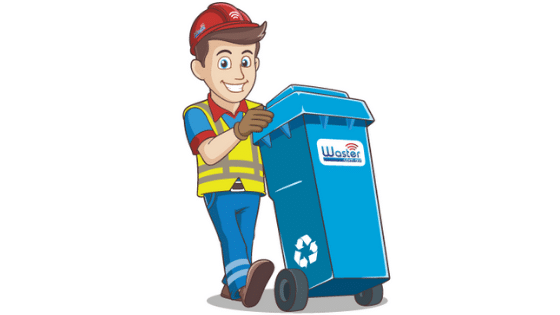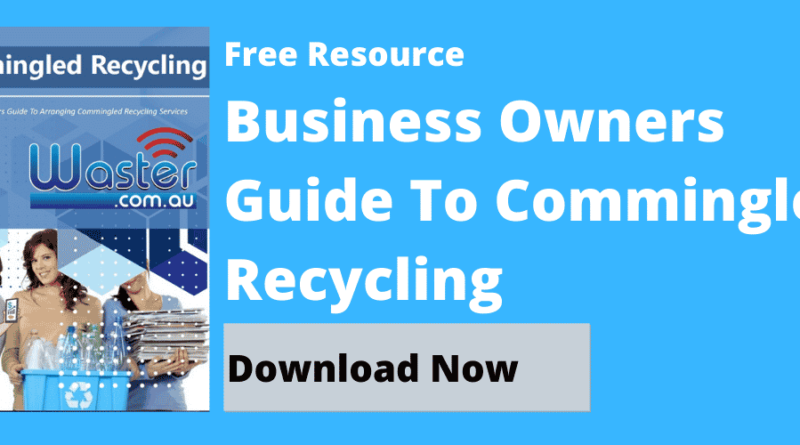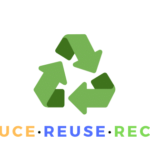Is Recycling Really Effective As They Say? 
Energy Disrupter
Is Recycling Effective? 
Recycling, through the years, has been met with controversies.
At first glance, we think of recycling as a surefire solution to our waste problems, specifically with plastics. But experts argue otherwise.
‘They lied’
According to the Guardian, the fossil-fuel accountability advocacy group the Center for Climate Integrity (CCI), an organisation that helps communities hold oil and gas corporations accountable for the massive costs of climate change, did extensive research and has come up with a conclusion that companies lied about what we know about recycling.
The CCI mentioned that the plastic companies knew for decades that recycling was not effective but promoted it regardless, basically calling them out for greenwashing (which we did a blog about that you can read).
Here are some excerpts from the article:
“The companies lied,” said Richard Wiles, president of fossil-fuel accountability advocacy group the Center for Climate Integrity (CCI), which published the report. “It’s time to hold them accountable for the damage they’ve caused.”
The industry has known for decades about these existential challenges, but obscured that information in its marketing campaigns, the report shows.
The research draws on previous investigations as well as newly revealed internal documents illustrating the extent of this decades-long campaign.
Industry insiders over the past several decades have variously referred to plastic recycling as “uneconomical”, said it “cannot be considered a permanent solid waste solution” and said it “cannot go on indefinitely”, the revelations show.
The authors say the evidence demonstrates that oil and petrochemical companies, as well as their trade associations, may have broken laws designed to protect the public from misleading marketing and pollution.
Now, going back to the main topic at hand, is recycling really not that effective? Are the statements mentioned above all valid? Let’s delve deeper and cover if recycling really is indeed not as effective as ‘advertised’.
>Download Now: Free PDF Business Owners Guide To Commingled Recycling Bin Services
How effective (or ineffective) is recycling, really? Waster’s thought-sharing
In recent years, the idea of recycling has been everywhere, championed as a key way to protect the environment and ensure sustainability. We’re urged to sort our trash, rinse our bottles and carefully separate paper and plastic. But in the midst of all this talk about “reduce, reuse, recycle,” there’s a lingering question: Is recycling actually worth it?
Let’s delve into this question and consider the various aspects of recycling and its impact on our planet.
The environmental impact of recycling that makes it effective… or does it, really?
At first glance, recycling appears to be a magic solution for the environment, hence everyone thinks of it as the most effective solution to reduce waste.
By diverting waste from landfills and reducing the need for new materials, recycling supposedly saves resources and cuts down on pollution. For example, when we recycle paper, we’re saving trees and lessening the environmental impact of paper production.
But it’s not always that simple. Recycling processes themselves use energy and water, and not every material can be recycled efficiently. Problems like contamination, inadequate recycling facilities and changing market demands can all affect how well recycling works, sometimes leading to less-than-ideal outcomes.
The economics of recycling makes it effective, in a way
Beyond its environmental benefits, recycling also has economic implications. Supporters argue that recycling creates jobs, encourages innovation and saves valuable resources. However, whether recycling makes economic sense depends on a lot of factors, like the prices of raw materials, advancements in recycling technology and government support.
In some cases, recycling struggles to compete with the cheaper cost of new materials, especially when prices for things like oil are low. This can mean that recycling programs need financial help to stay afloat, raising questions about their long-term viability.
Social considerations and greenwashing
We mentioned greenwashing above, and in this section of the blog, we will dig deeper into that.
Another issue with recycling is the rise of greenwashing. This is when companies promote themselves as environmentally friendly by focusing on recycling, while still making products that harm the environment.
Some critics argue that certain companies use recycling as a cover to keep producing single-use items, assuming that as long as they’re recyclable, it’s okay.
This highlights the need for a more holistic approach to sustainability, one that includes reducing waste, reusing items, and making responsible choices alongside recycling.
Rethinking recycling: moving forward
So, where does all this leave us? Is recycling really effective or worth it, or should we be looking at other options?
The truth probably lies somewhere in between. Recycling does have its benefits, but it’s not a cure-all. To get the most out of recycling, we need to tackle the root causes of waste and consumption patterns.
Here are a few ways we can do that:
- Improving Infrastructure: We need better recycling facilities and technology to make the process more efficient and less prone to contamination.
- Embracing Circular Economy: This means designing products to last longer, be easier to repair and ultimately, to be recycled.
- Educating Consumers: By helping people make informed choices and reduce waste, we can make a big difference.
- Holding Companies Accountable: Companies need to be transparent about their practices and take responsibility for their environmental impact.
In conclusion, recycling is an important part of the fight against environmental damage, but it’s not a magic fix. By rethinking how we handle waste and consumption, we can build a more sustainable future for everyone.
Contact Waster right now for your waste and recycling needs now!
Does your Australian-based business need waste and recycling services? If so, then you have come to the right place!
Please call 1300 WASTER (1300 927 837). You can also email us at info@waster.com.au or enquiries@waster.com.au if you have further questions. Find the best deals in terms of waste and recycling pricing and services!


 – Commercial Waste Services In 2021!
– Commercial Waste Services In 2021!















 Find Out Now!
Find Out Now!
 Let’s Take A Look!
Let’s Take A Look!
 – What You Need To Know About Shredding!
– What You Need To Know About Shredding!